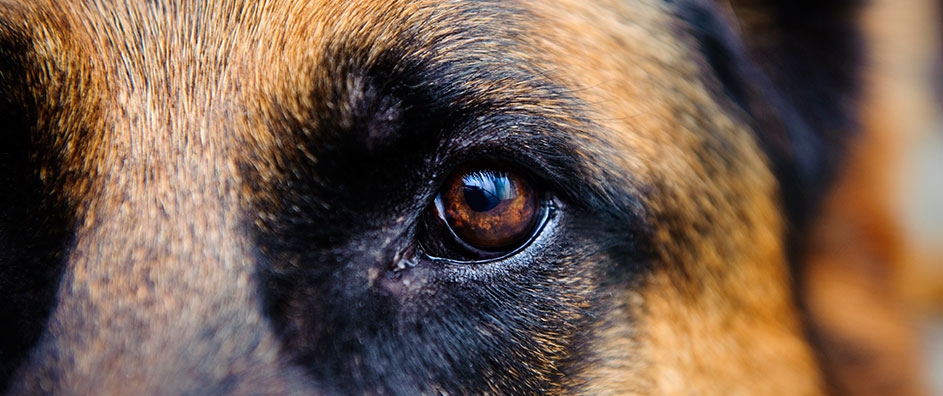The views expressed in our content reflect individual perspectives and do not represent the authoritative views of the Baha'i Faith.
One can measure the greatness of a nation and its moral progress by the way it treats its animals. Cow protection to me is not mere protection of the cow. It means protection of all that lives and is helpless and weak in the world. The cow means the entire subhuman world. – Mahatma Gandhi
For Hindus, the cow symbolizes the life-giving virtue of gentleness, which is why cattle represent the sacred in many Hindu societies. The main teaching of Hinduism, called ahimsa, means refusing to do injury to other living beings. The cow stands for that principle, because it only eats grass and provides humans with milk and cheese and butter and dung for fertilizer. Hindus believe all life has spirit, and revere the cow’s spirit of non-injury and, as Gandhi suggested, the cow’s personification of all plant and animal life.
But do cows have souls?
The rabbinical scholars of Judaism, and the Jewish mystical tradition of the Kabbalah, say that Genesis 2:7 in the Torah tells us that every human being has both a nephesh and a neshama. They define the word nephesh, which literally means “living being,” as the animal spirit, or the instinctual life force. The neshama, in contrast, means the human soul—that part of us exemplified by the intellect and the awareness of God, the divine spark that yearns for spirituality—and distinguishes man from animal.
 On the same subject, news outlets around the world recently reported that Pope Francis told a 12-year-old Italian boy that his dog would be with him in heaven. But that never actually happened. Instead, the reports came from Corriere della Serra, an Italian newspaper that quoted Pope Paul VI (who reigned as Pope from 1963-1978), when he consoled a tearful child whose dog had died by telling him: “One day, we will see our animals again in the eternity of Christ.”
On the same subject, news outlets around the world recently reported that Pope Francis told a 12-year-old Italian boy that his dog would be with him in heaven. But that never actually happened. Instead, the reports came from Corriere della Serra, an Italian newspaper that quoted Pope Paul VI (who reigned as Pope from 1963-1978), when he consoled a tearful child whose dog had died by telling him: “One day, we will see our animals again in the eternity of Christ.”
Of course, Pope Paul wasn’t expressing an official doctrine of the Catholic Church. Most other major religions don’t have that view, either. Despite our love for our furry friends, most people understand that animals cannot create civilizations or make art or possess the higher, eternal spiritual aspirations of human beings. Animals are captives of the world of nature, while the scientific and technological achievements of humans allow us to plumb nature’s mysteries, go beyond its laws and use them for our benefit–and sometimes, sadly, our detriment.
No animal has the divine spark that makes humans seek the transcendent in life. Animals certainly have emotions, can feel pain and happiness, can even understand human communication sometimes–but that doesn’t mean they have souls, or what we normally think of as the human spirit. Almost all of the world’s major religions say that the soul belongs exclusively to human beings—that only human beings have the capacity for the intelligence, the insight and the spirituality necessary to forge a relationship with the Creator, transcend the physical world and achieve an eternal existence after death. The Baha’i teachings point out that our souls set us apart from the natural world:
Man — the true man — is soul, not body; though physically man belongs to the animal kingdom, yet his soul lifts him above the rest of creation. Behold how the light of the sun illuminates the world of matter: even so doth the Divine Light shed its rays in the kingdom of the soul. The soul it is which makes the human creature a celestial entity!
By the power of the Holy Spirit, working through his soul, man is able to perceive the Divine reality of things. All great works of art and science are witnesses to this power of the Spirit. The same Spirit gives Eternal Life. – Abdu’l-Baha, Paris Talks, p. 86.
This definition of what it means to be human, the Baha’i writings emphasize, does not make animals somehow less than us, or allow us to be cruel to them. From a Baha’i perspective, animals should inspire our loving-kindness, because their animal spirits can evince the same kinds of feelings we feel. Also, because we each have a human soul, we have a responsibility to evince tenderness and loving-kindness toward all creatures. In many ways, the Baha’i teachings say, animals are perfect in their own right:
Even the most developed dog has not the immortal soul of the man; yet the dog is perfect in its own place. You do not quarrel with a rose-tree because it cannot sing! – Abdu’l-Baha, Abdu’l-Baha in London, p. 97.
Despite that perfection of the animal’s station, the human station—with its ability to perceive and explore the unknown and discover the truth of things unseen—allows us to transcend the world of nature with reflection, with intellect and with soulful understanding:
The distinctive virtue or plus of the animal is sense perception; it sees, hears, smells, tastes and feels but is incapable, in turn, of conscious ideation or reflection which characterizes and differentiates the human kingdom. The animal neither exercises nor apprehends this distinctive human power and gift. From the visible it cannot draw conclusions regarding the invisible, whereas the human mind from visible and known premises attains knowledge of the unknown and invisible… Such power of accomplishment is beyond the range of animal intelligence. Therefore, this power is a distinctive attribute of the human spirit and kingdom. The animal spirit cannot penetrate and discover the mysteries of things. – Abdu’l-Baha, The Promulgation of Universal Peace, p. 58.
You May Also Like
Comments

















You said it the way must be said now. Right to the point!
Jessica Maboudi